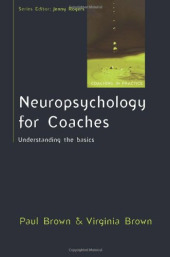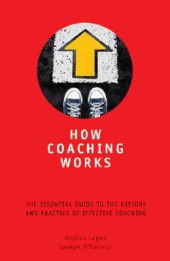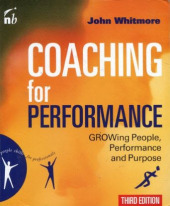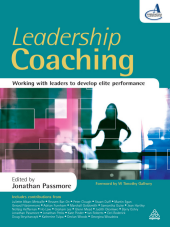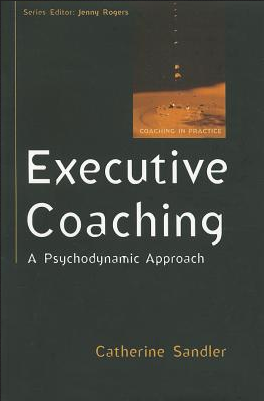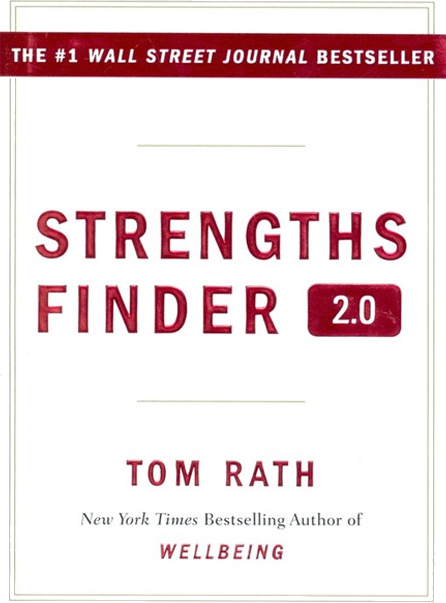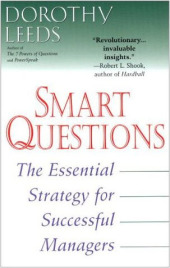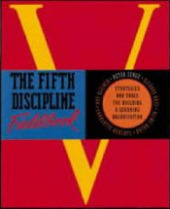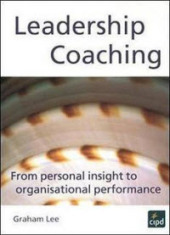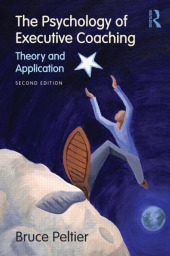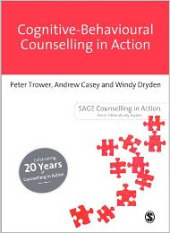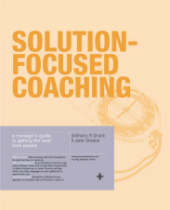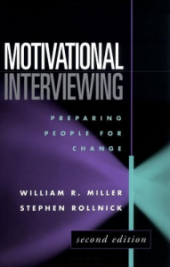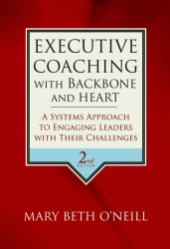More Time to Think: The Power of Independent Thinking: Nancy Kline
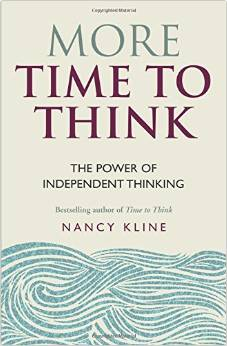 Nancy Kline’s central proposition is a simple one, which is that the quality of everything that we do depends on the quality of the thinking that we do first. I’m a fan of her first book on this subject: “Time to Think”, and was therefore predisposed towards this follow up. She didn’t disappoint me.
Nancy Kline’s central proposition is a simple one, which is that the quality of everything that we do depends on the quality of the thinking that we do first. I’m a fan of her first book on this subject: “Time to Think”, and was therefore predisposed towards this follow up. She didn’t disappoint me.
“More Time to Think” is written in the same clear, accessible and engaging style and offers practical tips to help people to get better at thinking and at encouraging independent thinking in others.
Key themes and ideas
- The first job of a leader is to help him/herself and others to generate the best independent thinking that they possibly can
- How the listener behaves has a huge impact on the quality of thinking that the thinker/talker is able to do
- Kline describes ten key components that shape the thinking environment. Key to these for me are:
- Attention (really listening as opposed to waiting to talk)
- Equality (seeing the Thinker as every bit as capable of thinking as we are)
- Appreciation (people think better when they receive sincere and specific appreciation)
 Share Article
Share Article 